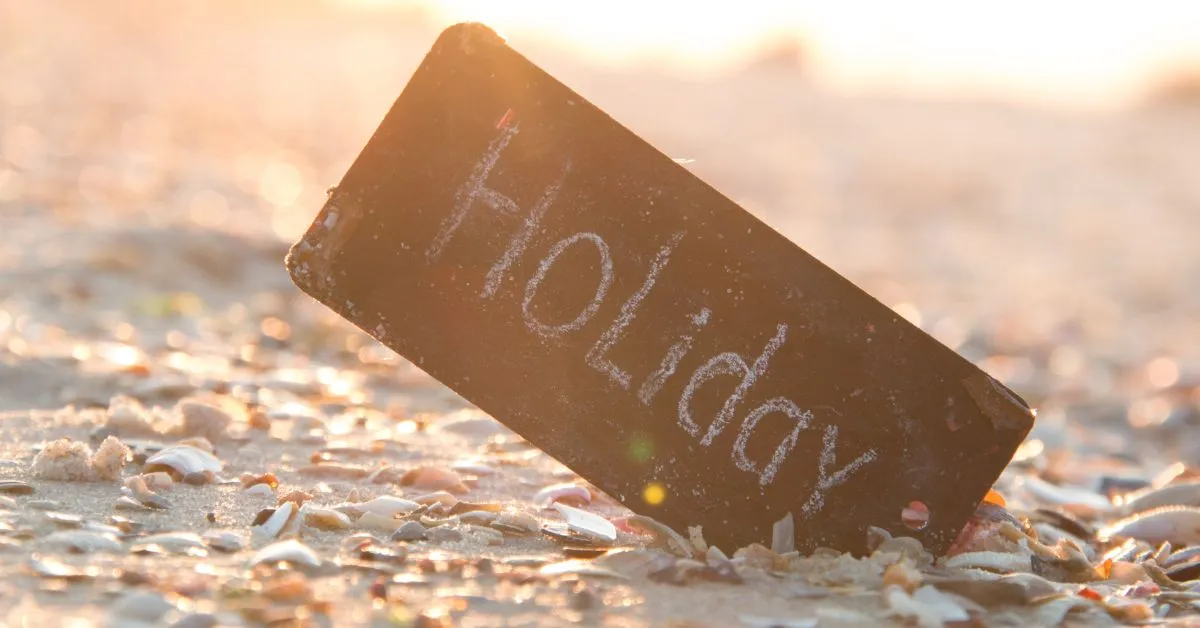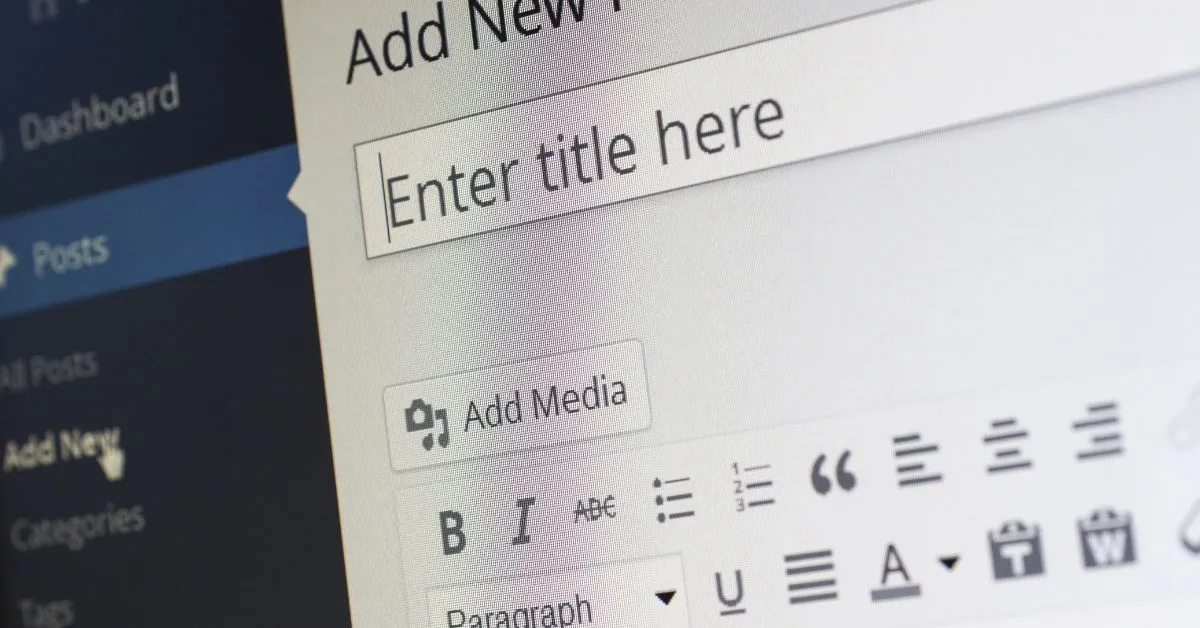Everyone, even WordPress website owners, needs a vacation now and then. But what happens to your website when you’re gone? And besides, the Web is open 24 hours a day, seven days a week.
If you’re frightened about your website or company collapsing because you can’t take time off, don’t be. WordPress hosting comes with a number of tools to help you prepare for your absence. Whether it’s the holiday period or you’re planning a trip to an island, with a little planning, your site will be fine spending time without you.
Why Is Preparing Your Website For Your Leave Important?
Sure, it would be ideal to just leave your website alone for a week or two and pray for the best. We all understand, however, that this isn’t a smart concept for a range of factors, along with a lack of user participation and frequent commercial interaction, as well as security.
By arranging your site for your trip, you may avoid some of the problems that may arise while you’re away. You may, for example, keep people engaged by scheduling postings and ‘auto-sharing’ information. You may protect your website so that spam comments and other undesired user behavior do not occur while you are away. Finally, you may ensure that everybody who contributes to your website is thoroughly informed about what to do in the event of a problem.
7 Tips To Prepare WordPress For Your Travels
I’ve put up seven easy yet effective suggestions to make you organize your WordPress website for a holiday to help you unwind. Let’s have a peek, shall we?
Tip #1: Schedule Posts in Advance
In case you didn’t know, WordPress has a built-in option that allows you to plan the publication of your articles in advance. In that manner, your site will automatically publish blog posts without you having to hit the Publish key.
This is how you do it: Go over to the Document settings in the top right corner once you’ve finished your post. Where it says Publish, press on the date link. This will bring up a calendar in which you can choose a day and time for the blog entry to go live.
The Publish button will change to Schedule once you’ve done so. The post will be queued after you click it, and your website will immediately release it once the time arrives.
Tip #2: Backup Your Site
It is essential to make a backup of all of your data and preserve it in a scenario you need it in the future. Backing up your site on a regular basis is a smart idea in case anything happens. For a few reasons, it’s maybe even more critical to back up before you leave. First, you could be more vulnerable to security vulnerabilities (particularly if WordPress’ core, template, or plugin upgrades happen while you’re gone), and second, you might be committing crucial site chores to less experienced people and require a “get out of jail” pass.
Tip #3: Spam-Free Commenting
While you’re focusing on your own material, don’t forget to think about other people’s stuff, such as comments. Comment spam is basically unwanted advertising in the comments area of pages and posts, and you are more vulnerable to this type of attack when on vacation. If your site looks to be idle, spammers may be enticed to attack you due to a lack of moderation.
Tip #4: Consider Monitoring Downtime
You can only resolve the issues if you are aware of them. As a result, if you want to keep your website up while you’re away, ensure you have a mechanism in place that notifies you if there are any problems.
Many of the security plugins described above include features to alert you to any possible problems. What if, on the other hand, your website entirely vanishes from the internet? The safety plugin that was intended to sound the alert may have gone down that route in that situation.
Tip #5: Schedule Your Social Media Posts
Isn’t it lovely to have your content automatically shared on your social networking sites if you plan them ahead of time? Absolutely. In fact, automating social media sharing can save you time when you’re not on holiday, as it will save you a salary.
Tip #6: Remember Your Email Subscribers
One of your most significant marketing tools is your email list. Subscribers to your newsletter are frequently among your most enthusiastic supporters. As a result, it’s critical to keep them informed, even when you’re not around.
Thankfully, any email marketing provider worth its salt allows you to plan newsletters ahead of time. Plan an email blast for any new material that will be released while you’re away, and you can take comfort that your members will be notified even if you aren’t present to personally send it.
Tip #7: Help Documentation Should Be Created
Finally, if you’re lucky enough to still have somebody take over while you’re gone, it’s generally a good idea to presume that they’ll require some direction. You may give support even if you are not, thereby producing internal help documentation.
For instance, you may help authors with content formatting problems, editing rules, and even internal operations like email management and billing. Basically, every facet of your daily operations may be recorded and made easily available to anybody you designate to look after your site while you’re gone.
The Bottom Line: Preparing Your WordPress Site For Your Vacation Will Indeed Help You Relax
You wouldn’t want to be laboring throughout your well-deserved vacation. At the same time, you’ll want to make sure that your blog continues to function as usual while you’re away.
With the strategies I’ve provided, you’ll be able to maintain uploading new material, sharing it on social networks, and ensuring everything is updated and safe while you’re gone.
Even when you return, you can keep using some of the automation tools to save time at your office!
You might also like:



